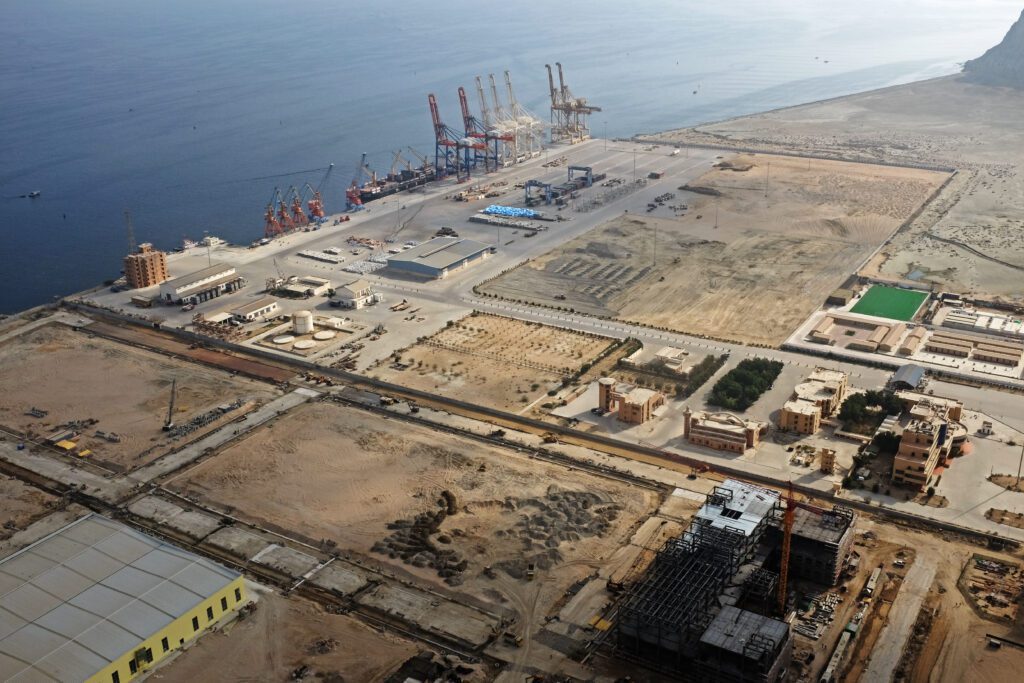Gwadar Free Zones are on track to become “Export Industrial Parks,” said Yu Bo, the new chairman of China Overseas Port Holding Company (COPHC), on Wednesday.
He stated that Gwadar Port and Gwadar Free Zones present Pakistani and international investors with vast investment opportunities.
In a conversation with Gwadar Pro, he stated, “The policy framework and guiding principles governing Gwadar Port and Free Zones have been formulated and implemented with its geo-economic significance for transhipment in mind.”
“Since Gwadar Free Zones are exempt from all provincial taxes, federal taxes, and customs duties, investors, particularly those who plan to engage in manufacturing, will be well-positioned to take advantage of these incentives,” he added.
“Without additional expenses in the zones, production costs are significantly less than in tariff areas. Consequently, the products will become more affordable and competitive on the global market. Prospective investors must take advantage of these business incentives. Moreover, these business incentives provide Pakistani merchants with an indispensable impetus to increase exports and bolster foreign exchange reserves.”
“It is now fully operational,” Yu told the reporter. “It has the capacity to accommodate bulk cargo, containerized, and LPG vessels.” The three multipurpose berths are capable of handling hundreds of metric tonnes of urea, wheat, and DAP fertiliser.
When asked what obstacles must be overcome to make the Gwadar Port and Free Economic Zone functional and profitable, he responded that security uncertainty is the greatest obstacle.
Despite the fact that it has been improved over the past several months, he added that there is still more room to close security breaches. The second vexing issue is the expensive cost of diesel-generated electricity. If they receive power from the utility, development will accelerate.
“Another dilemma involves the devaluation of Pakistan’s currency. Chinese companies in Gwadar have demanded and sought permission to be settled in Chinese Yuan rather than US dollars. If the government approves it, businesses will breathe a sigh of relief,” he continued.
“COPHC has established two desalination facilities in the Free Zone and Port areas, each with a production capacity of 0.2 million and 0.1 million gallons per day, respectively, in order to provide uninterrupted water for consumption.
A 1.2 MGD desalination water plant financed by the Chinese government is in its concluding stages of construction.
Similarly, the 8,5 MW diesel generator ensures that port and free zone operations continue to operate without interruption 24 hours a day, seven days a week, so as to meet the power needs of all allied industries and port facilities.
Gwadar Port will also receive 20MW from Gwadar Grid Station, which will help meet current electricity demands, he disclosed. The construction of the 1.2 MDG desalination water facility is currently 85 percent complete. This summer, it will be completed and begin operation.
. Regarding the official opening and impact of New Gwadar International Airport, he stated that the project is anticipated to be concluded by September 2023.
